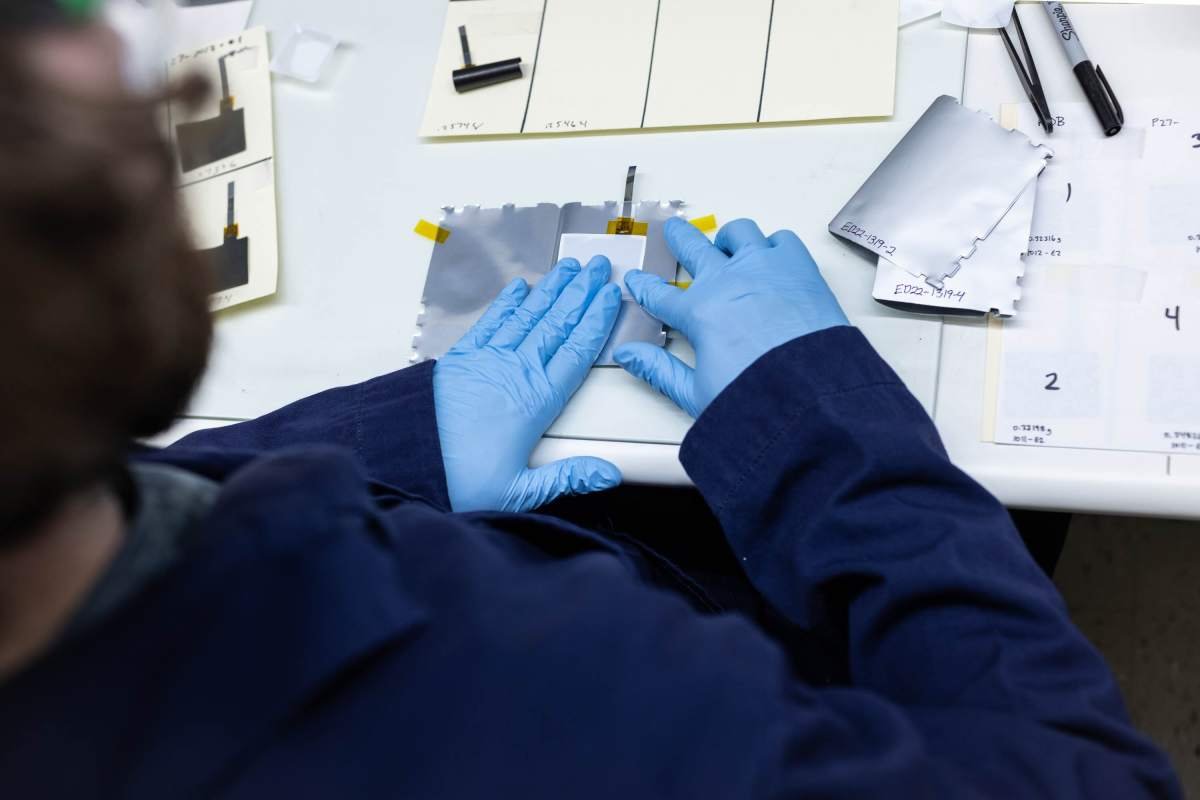Alsym wants to ‘light up homes for a billion people’ with its new battery.
Lithium-ion batteries have transformed the global economy, making possible everything from smartphones and laptops to electric vehicles, e-bikes, and more. However, despite the significant drop in costs over the past decade, they are still not affordable enough to power all of humanity’s energy needs.
With the rise of cheap solar energy, electricity production has become more accessible and cost-effective. However, the challenge lies in storing that energy for use when the sun goes down. In order for solar to reach its full potential, there needs to be an affordable way to store that power.
A lack of affordable energy storage solutions has been hindering development in many countries. According to Alsym Energy’s co-founder and CEO, Mukesh Chatter, “You’ve got a whole generation that cannot study, a whole generation with no industry support, not even small-scale or micro enterprises.”
Chatter, a serial entrepreneur, along with his technical co-founders Nikhil Koratkar, Rahul Mukherjee, and Kripa Varanasi, started Massachusetts-based Alsym with the goal of “lighting up homes for a billion people around the world who don’t have access to electricity, forcing them to live in poverty as if they were in the 19th century.”
For the past nine years, Chatter and his team have been working on developing a low-cost, non-flammable battery chemistry. And now, they believe they have achieved it.
Chatter declined to provide specific details of the technology, but he shared that one electrode is made of an abundant mineral, manganese oxide. The electrolyte is water-based, a significant departure from the flammable organic solvents used in lithium-ion batteries. Additionally, both electrode materials are designed to prevent the formation of dendrites, the spiky crystals that can cause short-circuits in lithium-ion cells.
The result is a battery that may have a lower energy density on a cell level compared to leading lithium-ion chemistries, but is still competitive on a pack level. This is because the cells can be packed more closely together and require less safety equipment, as they are safer to operate at higher temperatures.
Alsym claims that its batteries will be cheaper than lithium-ion, thanks to the use of less expensive materials and simpler packs. The startup aims to reach a target cost of $50 per kilowatt-hour for its cells, which is significantly lower than the current average of $89 per kilowatt-hour for lithium-ion cells.
However, it’s important to note that Alsym has only produced samples at this point, and the company’s decision to keep its technology secret makes it difficult to verify its effectiveness. According to Chatter, Aslym’s first finished products will be available in 2025, at which point its success will become evident.
Initially, Alsym will focus on the stationary storage market, followed by two-wheel electric vehicles, which are popular in countries like India, China, and Southeast Asia. The company has already secured a deal with a major Indian automaker to supply batteries, although Chatter did not disclose the name.
On Wednesday, Alsym announced the close of a $78 million Series C round of funding, led by General Catalyst and Tata, with additional investments from Drads Capital, Thomvest, and Thrive Capital.
The company plans to use the new funding to expand its team from 50 to 100 members and establish two production lines, each with a capacity of one megawatt-hour, to provide samples to customers. In the long run, Alsym aims to partner with existing battery manufacturers, as its batteries can be produced using existing equipment. Chatter also mentioned that the current wave of gigafactory construction around the world is resulting in excess capacity, which Alsym hopes to leverage.








